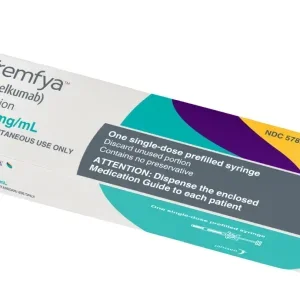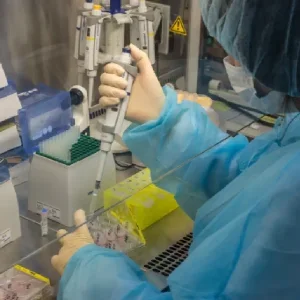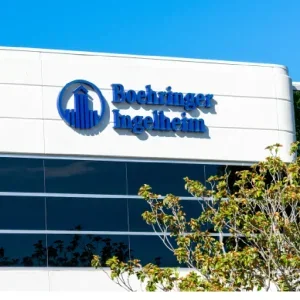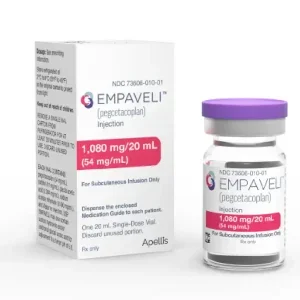US-based biopharmaceutical company Leap Therapeutics has signed an exclusive option and license agreement with BeiGene, a cancer therapeutics provider, for the clinical development and commercialisation of DKN-01, in Asia (except Japan), Australia, and New Zealand.
DKN-01 is a humanised monoclonal antibody that blocks the activity of the Dickkopf-1 (DKK1) protein, a modulator of Wnt/Beta-catenin signalling, to enhance the activity of myeloid-derived suppressor cells and downregulating NK ligands on tumour cells.
In addition to the licensing agreement, Leap has also signed an agreement with BeiGene and two other investors, for a $27m equity financing.
Leap Therapeutics president and chief executive officer Christopher K Mirabelli said: “Securing a collaboration to further develop DKN-01 has been our top strategic priority, and we are excited to begin working with BeiGene, a global leader in oncology.
“BeiGene is the ideal partner for Leap given its extensive experience in the development of oncology drugs throughout Asia Pacific, where its expertise and product breadth can help us in our efforts to address serious unmet medical needs in esophagogastric, gynecologic, and other cancers.”
Leap will retain rights for DKN-01 in the remaining parts of the world
Under the license agreement, BeiGene will make an upfront payment of $3m in cash, to Leap in exchange for a license to develop and market DKN-01 in Asia (except Japan), Australia, and New Zealand.
Leap will retain exclusive rights for the development, manufacturing, and commercialisation of DKN-01 in the remaining parts of the world.
Also, BeiGene will also make an additional payment of up to $132m based on the achievement of certain development, regulatory, and sales milestones, including royalties on sales of DKN-01 in the licensed territory, and make $5m investment as part of the $27m equity financing.
BeiGene immuno-oncology chief medical officer Yong Ben said: “We are excited about the potential to combine our anti-PD-1 inhibitor tislelizumab with DKN-01 as there have been promising signals in a biomarker-defined population of gastric cancer patients in combination with checkpoint blockade.
“This collaboration with Leap is another example of our commitment to developing novel treatments to address unmet medical needs in Asia and around the world.”






